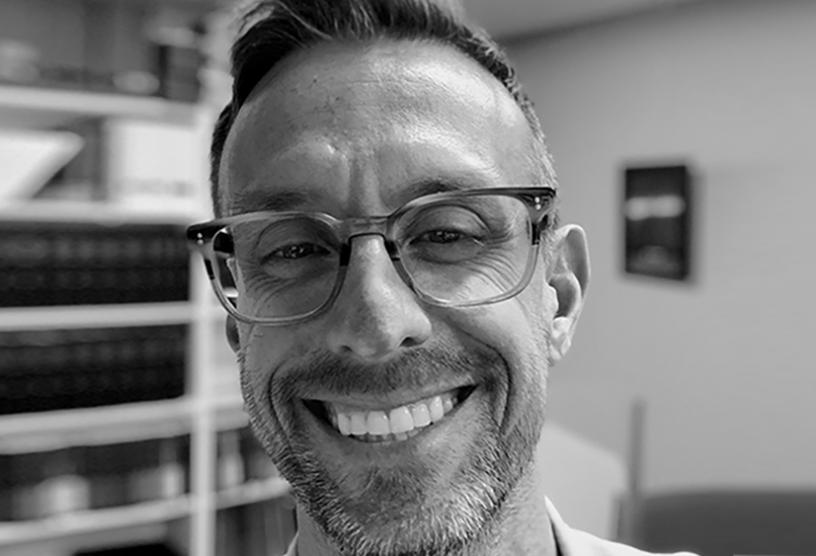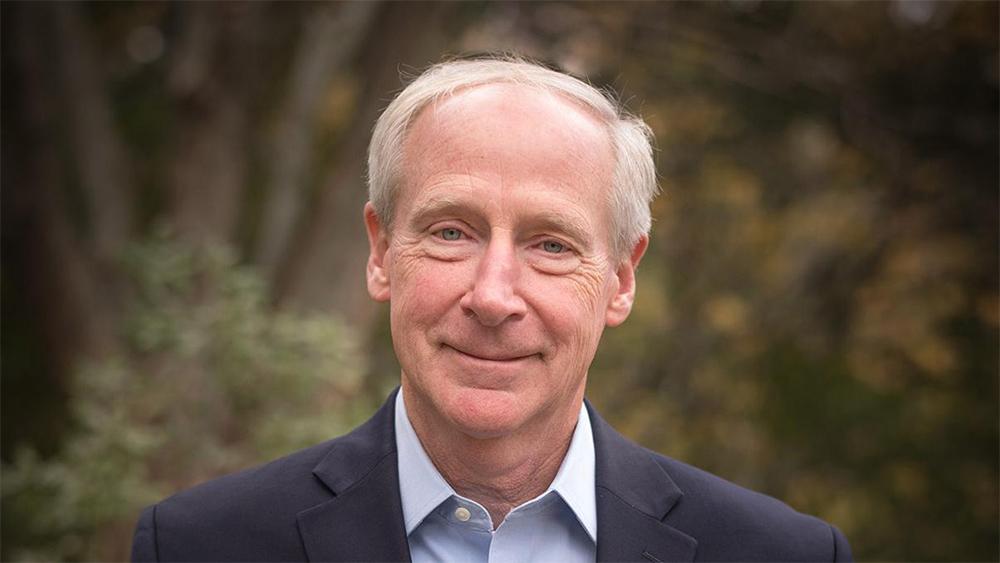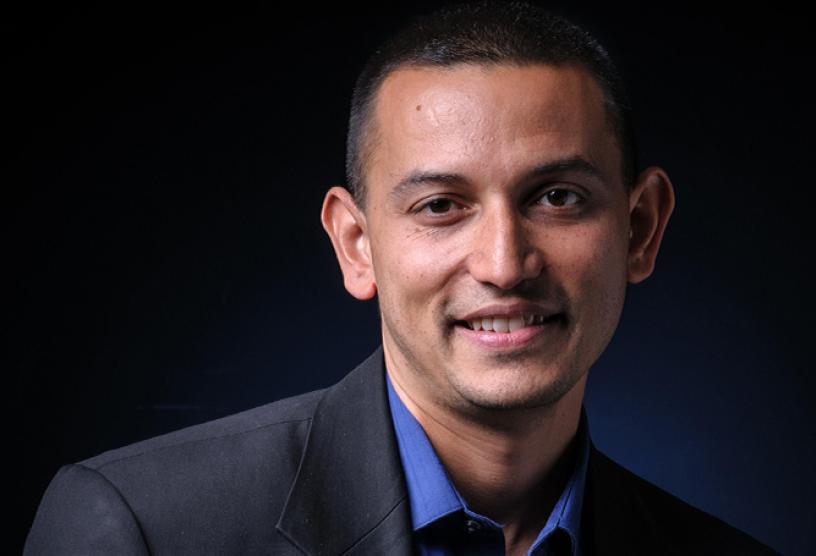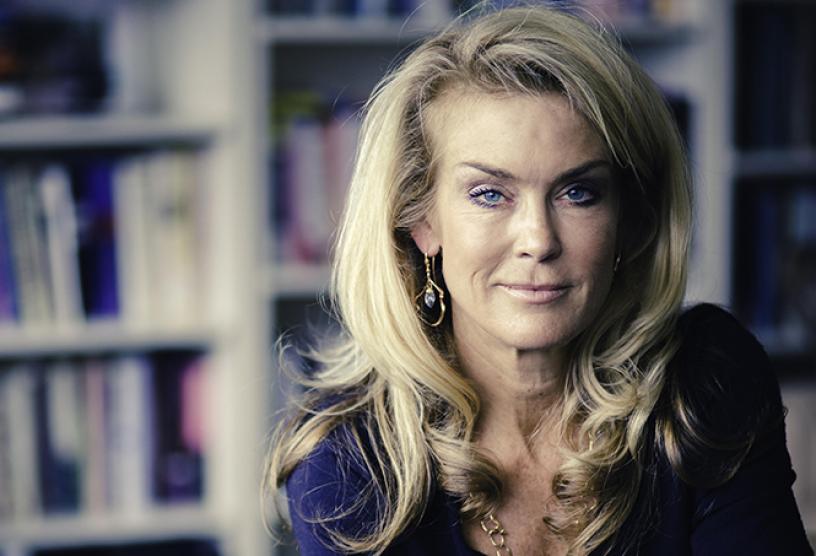
Introducing the Study of Spirituality in the U.S.

Fetzer’s mission—to help build the spiritual foundation for a loving world—is rooted in the conviction that we are intrinsically spiritual beings. In much of Fetzer’s work, spirituality is a central, vital, and unifying force for promoting the positive flourishing of both individuals and society. Because of this core conviction, we have a longstanding commitment to supporting research that deepens our understanding of spirituality and how—if cultivated and engaged—it can animate concrete and positive change. Our mission compels us to learn about the myriad manifestations of spirituality and then—based on those learnings—to discern how they can be better cultivated and engaged for personal and societal well-being.
Rigorous independent research is a significant part of the Fetzer Institute legacy. This study on what spirituality means to us today extends this legacy significantly. It will help us all to better understand the human world in which we live and, importantly, it lays a base that can help to guide our strategies to transform our shared world into one that welcomes and supports us all.
Based on decades of Fetzer experience, and confirmed by this study, there is both a depth and diversity of spirituality that isn’t yet reflected in our main cultural narratives. Paradoxically, recognizing this diversity allows a common thread to emerge, one that reveals that it is human to be spiritual and that engaging this spirituality can engender a greater good. Throughout this report you will find illuminating examples of rich and diverse spiritual lives, ones that share more in common than we may have realized. The data makes clear that spirituality is important for most Americans and is an essential part of their lives:
- More than eight out of ten people consider themselves spiritual to some extent.
- Six in ten people aspire to be more spiritual—and the more spiritual or religious people see themselves, the more likely they aspire to be even more spiritual.
- Nearly half of people say they have become more spiritual over the course of their lives.
- Most engage in at least one spiritual or religious activity every week.
Interestingly, the more spirituality is important for persons, the more it is desired. People who already feel that spirituality (and religion) is central to their life want it to be more central. These findings help equip stakeholders and storytellers of all kinds to investigate the nuances behind people’s diverse spiritual identities; allow them to invite people of all spiritual and religious backgrounds into conversation about what spirituality means to them; and—ultimately—to understand how spirituality can contribute positively to our world. This is an essential first step for building a coalition of understanding and acceptance of diverse spiritual orientations.
From Inner to Outer
Human beings yearn for a spirituality that will root us in the love, courage, and hope that we need to build our lives and communities. We believe that people long to connect their inner experiences of spirituality and their outer social lives. Establishing this connection is essential for harvesting spirituality’s rich potential for personal and societal transformation. We intentionally designed the study to map the bridge between personal spirituality and care for community precisely so that we would learn more about the connection between the two. We are encouraged:
People who feel highly connected to a higher power or to humanity at large are more likely to take community, civic, and political action. The more people identify as spiritual or religious, the more likely they are to:
- Believe it’s important to “make a difference” in their communities and “contribute to greater good” in the world
- Engage with others in their communities and to take actions such as volunteering and donating
- Vote, speak out on political and social issues, and get involved in politics and social movements
There are findings in the study that suggest that participants understand that humans are inherently relational. As we ponder these findings, we can see that they point to a deep connectivity in multiple directions: to a higher power, the natural world, and other people, even as they also return attention to a deeper connection to ourselves. But we also see there is ambiguity in how spirituality is understood in relationship to connectivity, especially in relationship to the outer world. To achieve the great potential of spiritual agency there is still much work to be done.
While many did not initially see the connection between their spiritual and religious lives and their actions in the world, once in conversation, their awareness often shifted quickly. Many participants linked their spirituality to practical issues in a way they hadn't considered before, suggesting that those who have not yet connected their inner and outer lives are ripe to do so. Also, those who told us they were neither religious nor spiritual discovered through conversation that, in fact, spirituality showed up in their lives. This is an honest and respectful conversation we all need to have among ourselves, for the health of our country, and for a more loving world.
Our challenges are many. Our communities are fraying. We seem more apart than together. We are threatened by a global pandemic as we become more aware of the many inequities and social divides that beleaguer our country. Our ideological conflicts are painfully separating us at precisely the time we need to be coming together.
So, let us begin where we are:
Our deepest levels of freedom and agency are spiritual, and we are becoming more aware that our inner and outer lives cannot be separated. Through the study, we’ve learned that spirituality is linked to our deepest identities and to our personal fulfillment, and simultaneously provides a profound agency to build the common good. Strengthening a living bridge between our inner and outer lives is the key to both personal and societal flourishing. If the study makes clear that we have great spiritual potential, it also makes clear the work ahead—work that lies at the heart of the Fetzer mission and the work of many of our partners. This is the work of going deeper within ourselves to find the love, hope, and courage essential both to our own flourishing and our ability to contribute to the flourishing of others; it is the work of building a more loving world for all.
Bob Boisture is President and CEO of the Fetzer Institute.

